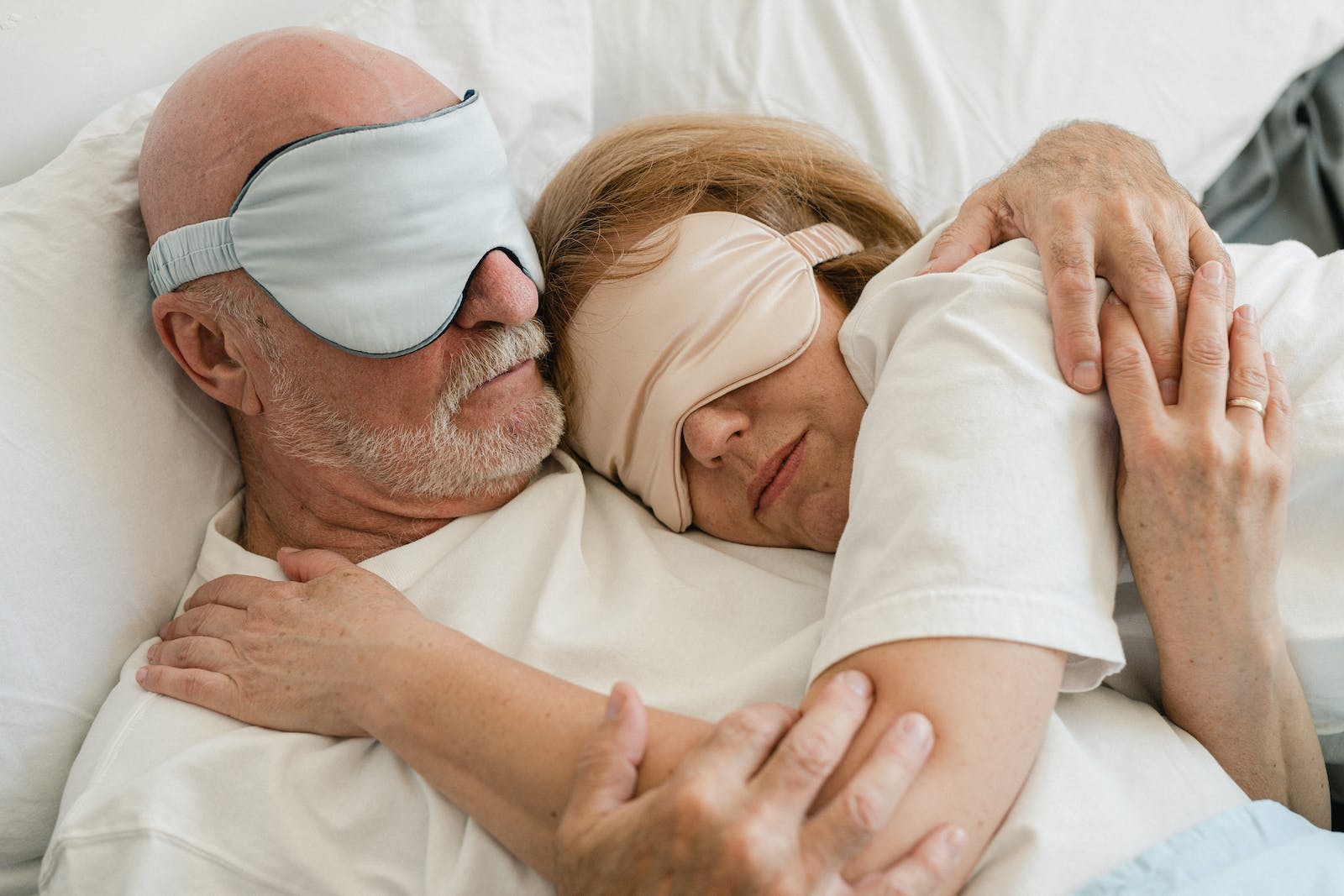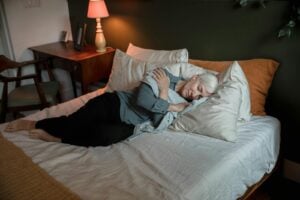The Better Sleep Council recommends starting with these five tips:
- Make sleep a priority. Keep a consistent sleep and wake schedule – even on the weekends. If necessary, try adding sleep to your to-do list. And don’t be late.
- Maintain a relaxing sleep routine. Create a bedtime routine that relaxes you. Experts recommend reading a book, listening to soothing music or soaking in a hot bath.
- Create a sleep sanctuary. Your bedroom should be a haven of comfort. Create a room that is dark, quiet, comfortable and cool for the best sleep possible. Consider a bedroom makeover.
- Evaluate your sleep system. Your mattress and pillow should provide full comfort and support. Your bed and your body will naturally change over time, so if your mattress is seven years old (or older), it may be time for a new one. Pillows should generally be replaced every year.
- Banish technology. Television, smartphones, tablets, laptops and computers should be kept out of the bedroom. Intense backlighting of electronics triggers stimulating chemicals in the brain that tell your body it’s time to be awake.
For additional tips on achieving the restful sleep that will lead to a more healthful, productive life, visit bettersleep.org and the BSC’s Facebook, Twitter, YouTube and Pinterest pages.











